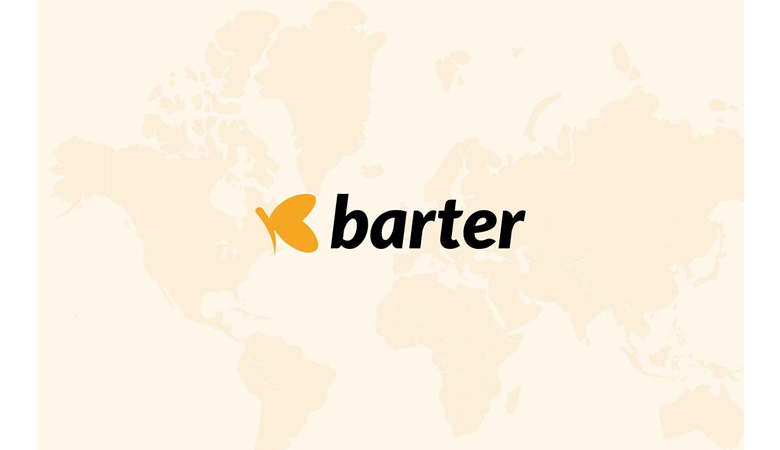
Nigerian fintech unicorn Flutterwave is streamlining its product offerings by discontinuing Barter, its virtual card platform launched back in 2017. The company is shifting strategic focus towards its more lucrative remittance and enterprise solution verticals which have gained stronger traction.
The winding down of Barter comes after an extensive market analysis that highlighted evolving customer needs and changing industry dynamics. While acknowledging the retail segment’s importance, Flutterwave is currently prioritizing the optimization of its business-facing and cross-border payment products.
Barter’s sunset follows a turbulent period plagued by service disruptions and merchant issues. In 2022, an update from card issuer partner Union54 resulted in prolonged downtime. The Zambian issuer was also the target of an audacious $1.2 billion chargeback fraud attempt which likely exacerbated Barter’s troubles.
Users frequently faced rejections from major merchants like Netflix, Facebook, PayPal, and Apple Music when attempting transactions with Barter’s virtual cards. Platform instability and consistent service challenges ultimately diminished the value proposition.
ALSO READ: CFO Departure at Flutterwave Sparks Speculation on IPO Future
When it first launched in 2017, Barter was a pioneering solution that gave Nigerians the ability to create U.S. dollar virtual cards for international online shopping and payments – a novelty at the time. However, its contributions to Flutterwave’s overall transaction volumes and revenues paled in comparison to the company’s enterprise offerings.
While Flutterwave processes billions annually across its infrastructure, Barter accounted for a mere 1% slice of that total payment flow. The company now aims to double down on its remittance play with products like Send and Swap, angling for a bigger foothold in Africa’s massive $54 billion annual remittance market.
Despite shuttering Barter, Flutterwave exudes confidence in its strategic roadmap going forward. By consolidating resources around higher-growth business verticals, the company is positioning to cement its status as a fintech leader across the continent’s rapidly evolving digital finance landscape.


















 and then
and then